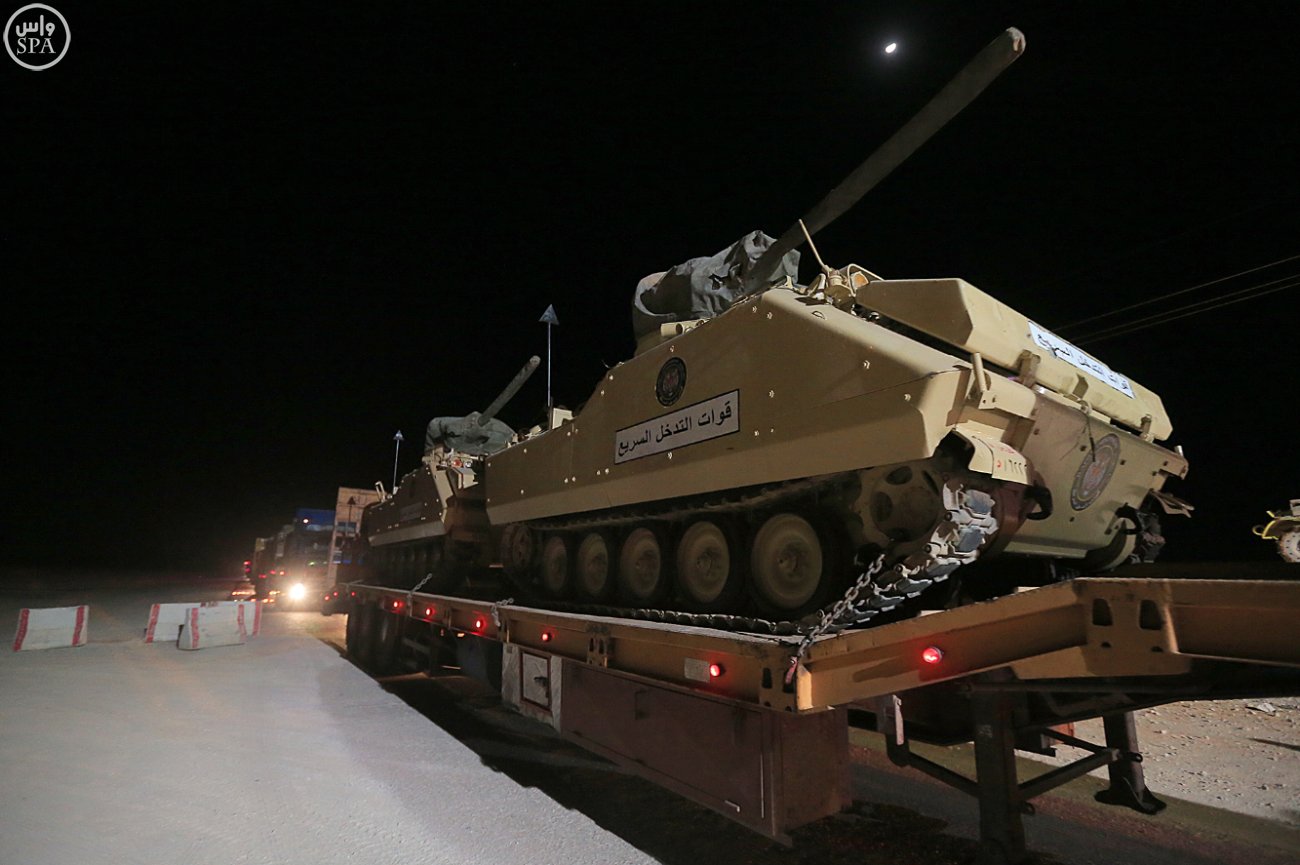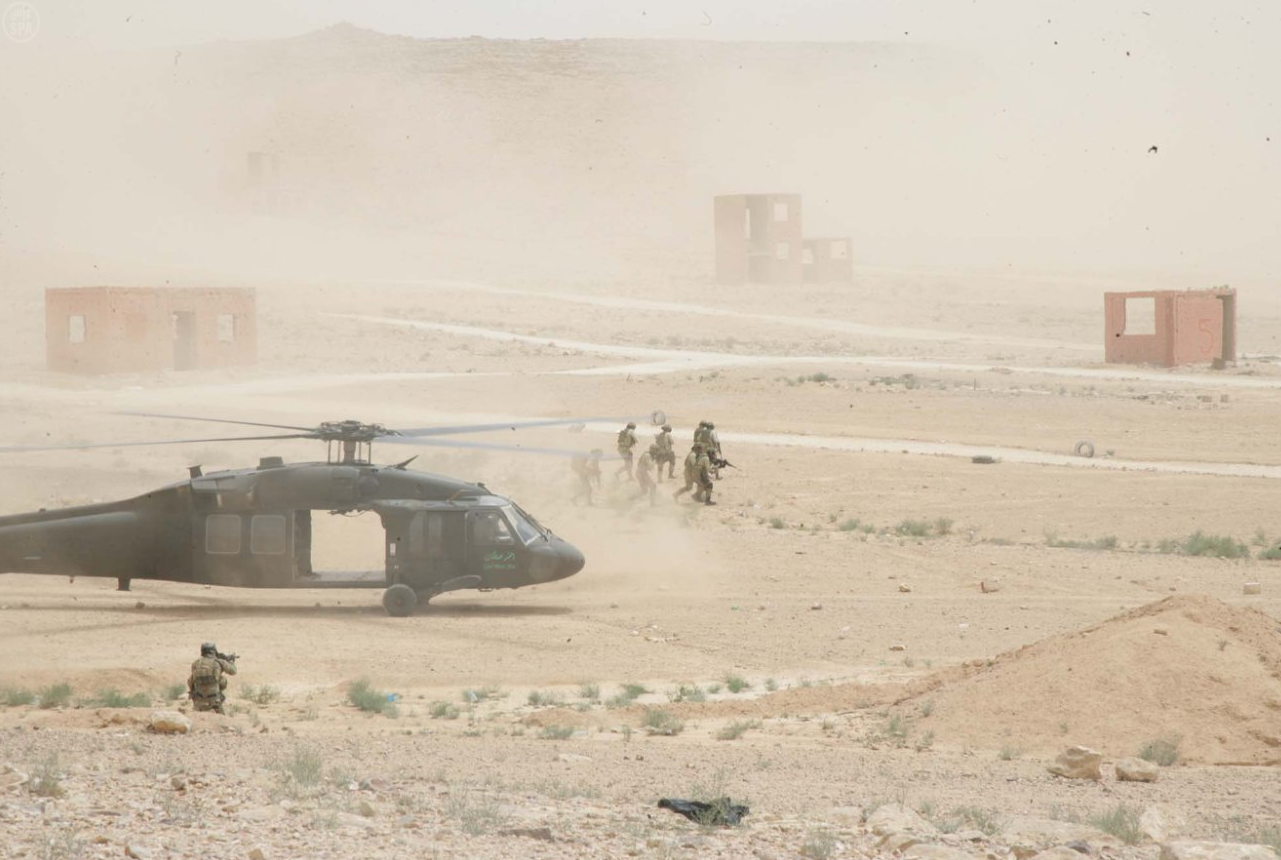On February 25th, European Union lawmakers are gearing up for a vote on whether to call for an embargo on weapons sales to Saudi Arabia, according to a report in the Canada-based Globe and Mail.
Concern in Europe is mounting over Saudi Arabia’s war in Yemen, and the use of European military equipment sold to the Kingdom in the conflict is putting some in the E.U. on edge.
Similar concerns are also emerging in the United Kingdom, another top weapons supplier to Saudi Arabia. In London, Labour lawmakers are calling for a key watchdog agency to reconvene to “embarrass” British lawmakers over arms sales to ally countries that receive criticism for human rights violations and have a record of killing civilians in conflicts.

Criticism leveled against Saudi Arabia for civilian deaths in Yemen echoes complaints about America’s aerial strikes in various countries abroad such as an attack on a Doctors without Borders facility in Afghanistan which killed 30 people, many of whom were civilians. U.S. Brig. Gen. Wilson Shoffner said that the investigation “found that some of the U.S. individuals” involved in the airstrike “did not follow the rules of engagement,” according to CNN, and added that the primary reason for the deaths were human error. “U.S. forces would never intentionally (strike) a hospital,” said Gen. John Campbell, the top NATO and U.S. commander in Afghanistan.
For Saudi Arabia’s officials, the explanations sound similar: mistakes happen in wars. Saudi Arabia’s Foreign Minister Adel Al-Jubeir has responded to these criticisms directly in several interviews with the press. ”We are very careful in picking targets. We have very precise weapons,” but collateral damage is “extremely regrettable” and should be avoided. “But can we prevent it 100 percent? I don’t think you can. This is warfare,” he has said.
If the EU votes in favor of the ban, it would not be binding on European countries, but it would add “moral pressure” on governments that could have domestic political ramifications on future deals. It could also signal new opportunities from American and Canadian companies that have seen increased competition from European manufacturers in recent years.
For the EU, turning their back on the Saudi arms market could be costly – and provide an opportunity for American competitors. In 2015, Saudi Arabia became the world’s biggest importer of weapons and defensive systems, overtaking the previous record holder, India, according to IHS Jane’s.
Saudi Arabia spent over $6.4 billion on defense purchases in 2014.









